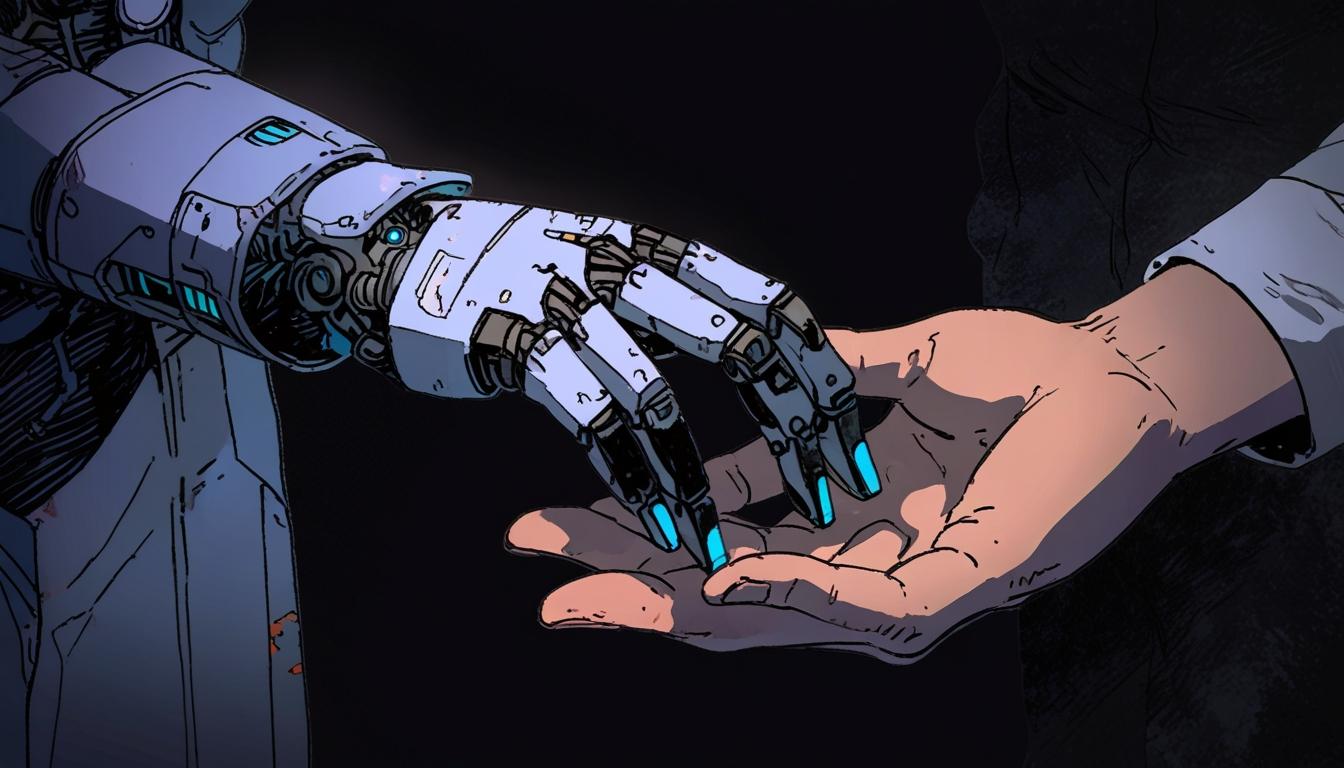Charlie Brooker's "Black Mirror" stands as a paramount exploration of technology's unsettling facets, intertwining psychological suspense with deep philosophical inquiries. The series has not only captivated audiences with its thought-provoking narratives but has also inspired a plethora of films that delve into similar dystopian themes. While "Black Mirror" dissects the treacherous boundaries between humanity and technology, several other movies resonate powerfully with its core motifs, making them ideal companions in the odyssey through a speculative universe.
Starting with "Ex Machina," this film epitomises the chilling potential of artificial intelligence. Constructed around a Turing test conducted by a young programmer on a humanoid robot named Ava, it beautifully explores the ethical dilemmas surrounding sentience and gender dynamics. The minimalist setting and escalating tension echo the claustrophobic dread prevalent in "Black Mirror," inviting comparisons between creator and creation. As one Redditor aptly noted, the film’s essence might very well be the product of Brooker’s own pen, a testament to its relevance in this thematic landscape.
Equally noteworthy is Spike Jonze's "Her," which takes a more lyrical yet equally profound approach to technology and emotion. Chronicling a love story between a man and his AI operating system, Samantha, "Her" navigates the complexities of emotional authenticity within digital realms. While it offers a more optimistic view than "Black Mirror," it nevertheless addresses similar concerns related to isolation and the commodification of human connection. Fans of "Black Mirror" might find themselves reminded of its episode “Be Right Back,” which similarly contemplates the impact of technology on interpersonal relationships.
Another film that merges seamlessly into this conversation is "Upgrade." It tells the story of a man who becomes paralysed after a violent incident but, through an AI chip named STEM, regains control over his body. Initially a revenge saga, the narrative morphs into a deeper inquiry about autonomy and agency, echoing themes found in episodes such as "Metalhead." The twisted conclusion, alongside its unsettling implications regarding consciousness, firmly roots it within "Black Mirror" territory.
"The Truman Show," while arguably situated outside the conventional sci-fi genre, illuminates a realm of surveillance and reality that feels eerily prescient in today's context of omnipresent media. Truman Burbank's life as an unwitting star of a reality show resonates deeply with the voyeurism explored in "Black Mirror" episodes such as "Fifteen Million Merits." Both works grapple with authenticity in constructed realities and the existential dread that arises from the manipulation of identity.
Lastly, "The Circle," based on Dave Eggers' novel, highlights the perils of radical transparency in a tech-dominated world. Following a young woman who succumbs to the overwhelming demands of a social media-centric corporate culture, it delves into the darker implications of data-sharing and public personas. The haunting dynamics this film presents align closely with "Black Mirror" episodes like "Nosedive" and "Hated in the Nation," illustrating society’s obsession with personal branding amidst a backdrop of invasive surveillance.
In addition to these films, others like "Black Box," a psychological thriller about a man undergoing experimental treatment to recover his memories, further contribute to the landscape of narratives that echo "Black Mirror." This film encapsulates the disorientation and emotional turmoil reminiscent of the series, solidifying the notion that the exploration of technology's darker side is far from a singular vision.
As audiences yearn for content that challenges their understanding of present realities through speculative fiction, these films stand as worthy companions to "Black Mirror." Each story offers a unique slice of a world where technology straddles the line between wonder and dread, inviting viewers to reflect on their own relationship with the rapidly evolving digital landscape. The conversation continues as we navigate these complex terrains crafted not just through episodic narratives, but through the myriad films that dare to explore the darker recesses of our shared humanity.
Reference Map
- Paragraph 1: [1]
- Paragraph 2: [1], [3]
- Paragraph 3: [1]
- Paragraph 4: [1], [5]
- Paragraph 5: [1], [7]
- Paragraph 6: [2]
- Paragraph 7: [1]
Source: Noah Wire Services
